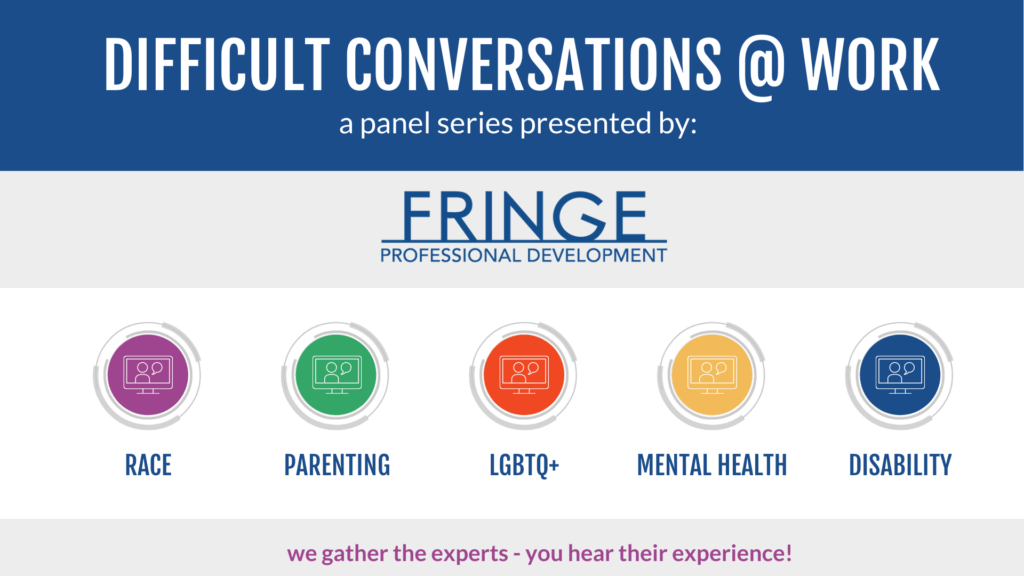In case you missed it, the world is a really f*ing stressful place right now.
Collectively we’re dealing with a global pandemic, social upheaval, systemic racial violence, an economic downturn, and unrelenting uncertainty about the future. Individually there are also the pains and pressures of personal trauma, sickness, job loss, and canceled celebrations. I imagine that the 2020 election (before, during, and after) as well as the holiday season will only make matters worse.
Suffice it to say that whatever stress we’re experiencing now won’t be going away anytime soon.
Yet weekly department meetings still happen with seemingly undeterred regularity. Deadlines are still set for client projects that feel as if they were dreamt up a lifetime ago. Bills are due, hours are logged, and life — despite all odds — goes on.
This stark contrast between the ordinary and the extraordinary circumstances of our lives right now can lead to difficult, unexpected emotions and behaviors. Some of us might be more reactive than normal. Others may be more standoffish and cold. Our overburdened cognitive loads mean that even the most pleasant, considerate people can become “temporary assholes.”
While these protective stances and innate human instincts may be good for self-preservation, they’re less helpful for protecting our relationships with others. Self-care is important, yes, but “other-care” cannot be forgotten in the process. Here are some best practices that our Fringe PD coaches use with clients striving to navigate today’s uncertain environment:
Always start with empathy.
Empathy is more important than ever right now because what we knew about each other in The Before Times may have changed drastically in the past six months. We simply don’t know what the other person is going through, and the path to productive relationships requires open minds and open hearts. Empathy encourages you to hold off on all assumptions about the other person’s life or experience — including options that you didn’t know existed.
Get permission for non work topics.
The type of small talk that used to help us ease into a workday or break the ice with a casual acquaintance is no longer fair game. We all deal with stress differently, and (again) you can’t presume to know what’s going on with the other person. Asking how the kids are doing or whether they caught last night’s game can quickly derail into highly emotional territory. The standard topics aren’t off-limits completely, but you should take care to ask for permission before diving right in: “Would it be alright to talk about something other than work? I’m curious how Alex is doing with their guitar lessons lately?” In particular, fight the urge to talk about COVID or political news as the default opener for your meetings or coffee break (because #ICantEven).
But don’t pretend it’s business as usual.
While keeping your work conversations work-focused may feel like a helpful distraction during these tense times, be wary. It’s not as if we log onto our computers and immediately forget everything happening beyond our screens. For some of us, the manicured image within the frame of our webcam tells a very different story than the reality of our experience. Even forced cheerfulness or attempts to lighten the mood can fall uncomfortably flat — and at worst they can be perceived as blatantly disrespectful. We see this most frequently in cases where community trauma (police brutality, natural disasters, hate-motivated crime) is left unacknowledged.
Seek understanding, not agreement.
To take a page out of the conflict mediation handbook, when strong emotions are getting in the way of productivity, try transforming your goal from total consensus into simple curiosity. Ask and listen to what matters most to the other person and get their explicit confirmation that you got it right. (“I’m hearing that you’re eager to spend more time with family. Is that right?”) You may never completely understand each other, but showing that you care enough to try to see their perspective — not convert them to yours — will go a long way toward building trust as co-engineers on a productive path forward.
We hope the above approach feels accessible to you in the uncertain times we’re navigating together. It’s designed to reflect that we no longer have the privilege of passing our colleagues in the hallway or catching their eye across a conference table to see if they’re OK.
Physical distance doesn’t have to mean emotional distance. In fact, the opposite is true: We need to take better care of each other during this time if our relationships have any shot of remaining functional on the other side of 2020.
For more tips and practice managing tough conversations, join us for a free webinar series on difficult conversations at work.






